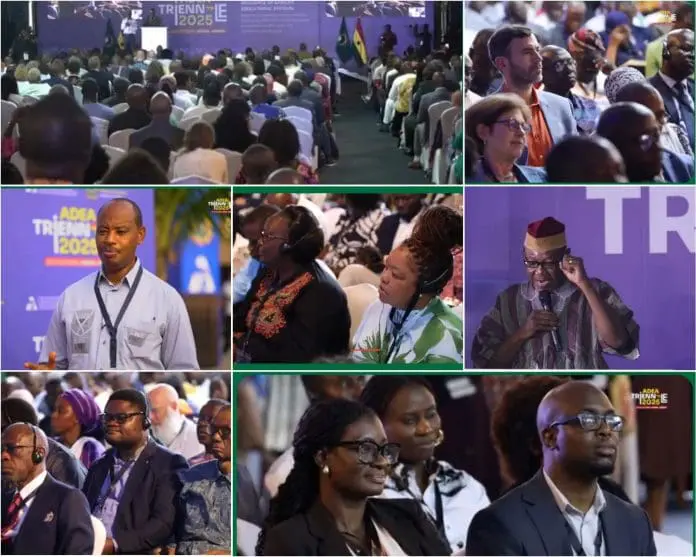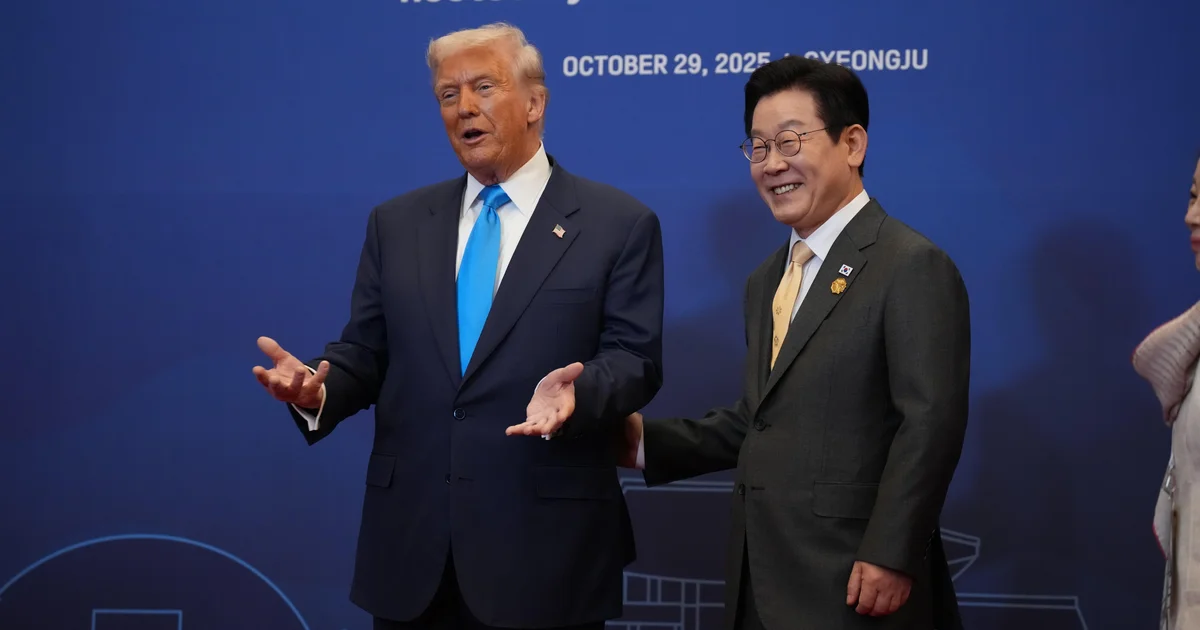Copyright ghanamma

By [Kingsley Asiedu], Accra The curtain has fallen on the three-day Association for the Development of Education in Africa (ADEA) Triennale conference in Accra, with African education ministers, experts, and policymakers pledging to “walk the talk” on advancing inclusive, sustainable, and technology-driven education across the continent. The conference, which began on October 29, brought together delegates from more than 40 African nations, development partners, and international organizations under the theme “Walking the Talk: Actualizing Sustainable and Inclusive Education for Africa and Beyond.” The closing ceremony featured the endorsement of key policy recommendations and renewed commitments to strengthen foundational learning, enhance digital literacy, and boost domestic education financing. Ghana Reaffirms Commitment to Education Reform Speaking at a press conference after the official closing, Ghana’s Deputy Minister for Education, Clement Abas Apaak, thanked ADEA and participating countries for their confidence in Ghana’s ability to host such a continental event. “All too soon, this very memorable event has come to an end,” Apaak said. “We are prepared to walk the talk. The knowledge and expertise shared here show that Africa has the human resource and the brains needed to address our educational challenges.” Apaak highlighted Ghana’s priorities in digital literacy, artificial intelligence in education, and early childhood development. He said the government is committed to integrating AI in both teaching and learning while safeguarding against potential misuse. “AI is now the talk of our time. We are making strenuous efforts to deploy it not only for learners, but also for teachers and school leaders. However, we must ensure the necessary safeguards so that it becomes a catalyst for positive outcomes,” he said. The deputy minister also underscored the government’s renewed focus on foundational learning and mother-tongue instruction, noting that early education in familiar languages improves comprehension and learning outcomes. “It was never about dropping English,” Apaak clarified. “We are adopting a bilingual approach that recognizes the importance of local languages in early education while maintaining English as a medium of instruction. This is about enhancing learning, not excluding anyone.” On education financing, Apaak echoed Vice President Prof. Jane Naana Opoku-Agyemang’s earlier remarks, stressing the need for African nations to mobilize domestic resources for education. “We cannot always look outside for funding. If we believe education is the most important factor in national development, then we must find the resources ourselves,” he said, referencing Ghana’s Education Trust Fund (GETFund) as a model. ADEA Calls for Action Beyond ADEA Executive Secretary Albert Nsengiyumva praised Ghana’s leadership and called for concrete follow-up to the policy commitments made during the Triennale. “Our challenge now is to ensure that what we have discussed here does not end in reports and declarations,” Nsengiyumva said. “The Triennale should be the beginning of implementation, not the end.” He highlighted several key takeaways, including the launch of a new Foundational Learning Transformation (FLiT) Facility, designed to strengthen the capacities of education ministries to improve literacy and numeracy outcomes. Nsengiyumva urged African governments to take greater responsibility for education financing and to adopt innovative models such as public-private partnerships and results-based funding. “The era of big donor funding is fading. Africa must lead in financing its education sector. This is about ownership and accountability,” he said. He also emphasized the need to integrate vocational and technical training into secondary education to better align with labor market demands. “We cannot continue producing graduates without employable skills. We must prepare young people to compete in the job market, not just in the classroom,” Nsengiyumva added. Key Policy Recommendations Dr. Araba Osei Tutu, one of the conference rapporteurs, presented the summary of outcomes and policy recommendations under eight thematic areas. Among the key resolutions were: Reimagining Financing for Education: Commit at least 20% of national budgets to education, develop a continental education financing framework, and improve transparency in fund management. Strengthening Foundational Learning: Prioritize multilingualism, invest in data-driven education planning, and scale up contextualized teaching methods. Transforming Secondary and Technical Education: Align skills training with labor market demands and promote STEM and digital skills. Repositioning Higher Education and Research: Encourage cross-country collaboration, invest in research and innovation, and promote responsible use of AI. Using Evidence and Digital Technology: Build robust data systems and strengthen policymakers’ capacity to use data effectively. Inclusive Education and Climate Adaptation: Institutionalize second-chance education and promote gender-responsive and climate-resilient school infrastructure. “Africa has the expertise and the knowledge. What we need now is to take the next steps—to walk the talk,” Dr. Osei Tutu said. Looking Ahead ADEA officials announced that the conference resolutions will be compiled and circulated among member states for further input before the final communiqué is presented to African education ministers and the African Union. Nsengiyumva said ADEA will continue to act as a “facilitator and convener,” supporting member countries in implementing the recommendations. As delegates departed Accra, the mood was one of optimism and shared responsibility. “Education is not just the business of teachers or ministries. It is about all of us—the future of our continent and our children,” Nsengiyumva concluded. About the ADEA Triennale:The ADEA Triennale is the continent’s premier high-level forum on education and training in Africa. Held every three years, it provides a platform for policymakers, researchers, and development partners to share knowledge and shape policies that drive educational transformation across the continent.



